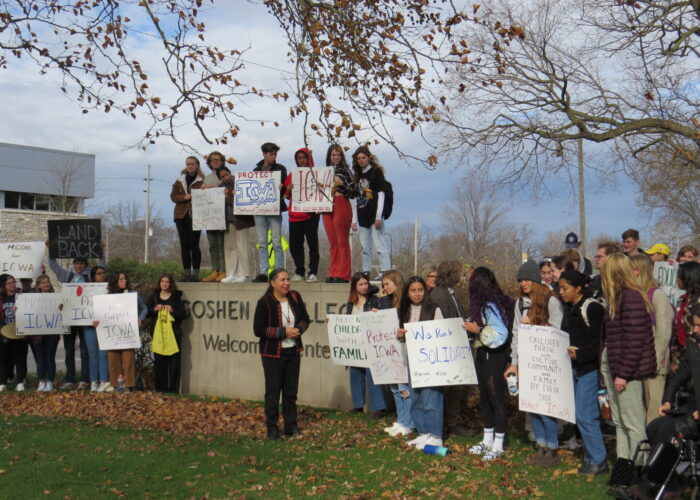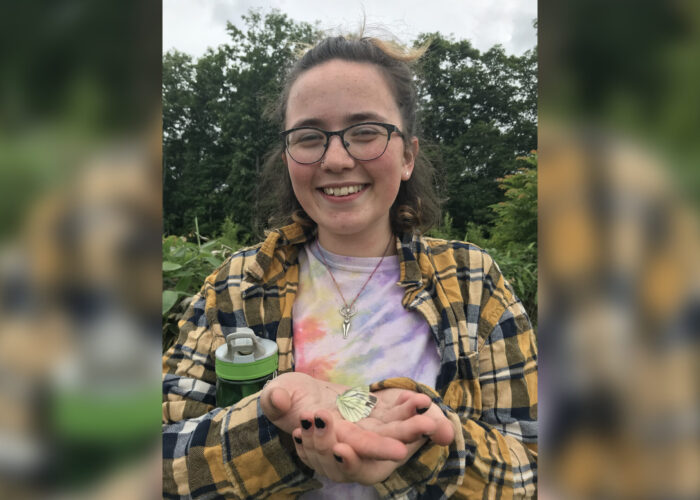In Luke 10, Jesus commissions 70 new missionary disciples and sends them out ahead of him into the towns and settlements he will pass through on his way to Jerusalem. He instructs them to travel light, so that they will have to depend on whatever hospitality might be offered to them along the way. He also said they should stop where they are first welcomed, perhaps meaning, "Don’t move around looking for better accommodations."
This approach ensures the followers of Jesus are recipients of the hospitality of others. Verse four says, "Don’t bring a wallet. Don’t carry a backpack. I don’t even want you to wear sandals. Walk along barefoot, quietly" (VOICE, italics original). The idea is that, rather than risk creating dependence on what the disciples might bring, the disciples should be dependent on the hospitality offered. Receiving hospitality puts the host in the position of extending kindness and allows them to define how and to what degree their guests may participate in the life of the community. This opens the way for sharing work, sharing food, sharing conversation and building trust — the foundation stones of community.
Jim Harries, co-founder of the Alliance for Vulnerable Mission, urges cross-cultural workers to "live and work vulnerably, humbly, from a position where they can listen." To this end, he stresses the use of local languages and dialects, as well as avoiding reliance on imported resources in favor of local ones. "Vulnerable missionaries," Harries says, "seek to walk the Jesus way, to go where they can share the gospel from within the complexities of Indigenous ways of life." This approach leads to discovering how the gospel enriches the culture and how Christ is already present.
This is not easy work. Jesus is straight with the disciples about risk. He says in verse three, "I’m sending you out armed with vulnerability, like lambs walking into a pack of wolves" (VOICE, italics original).
This is all too true for the persecuted churches throughout the world. A few years ago, I visited with an unregistered church in South Asia. Often, they meet in the forest, like the early Anabaptists, to avoid detection. One leader inspired me with her view on transformational prayer. She explained that they don’t pray for an end to the persecution. Instead, they pray that the Lord would keep them faithful, even through persecution. Prayer transforms internally and externally, as individual pilgrims and as a community of Christ followers.
We gather for worship, fellowship and teaching, but church is not a destination. It is a point of departure. The church exists to go. As a church body, we are sent out to the living and working spaces of people ordinarily outside of our gatherings, showing interest in and respect for our fellow human beings, sharing meals, listening to stories. This is how Jesus sent out the 70, to prepare the way for intercultural dialogue and the mutual discovery of how God is already working in our midst. We are sent in the same way — some to a place far away, many nearby, even to our own neighborhoods. We are here on this earth to take up the call to follow Jesus, be transformed and be transformers, living and sharing the gospel across the street and around the world.
Mike Sherrill
Executive Director





